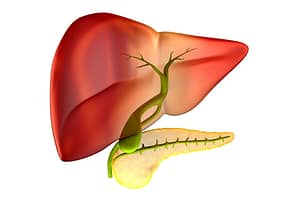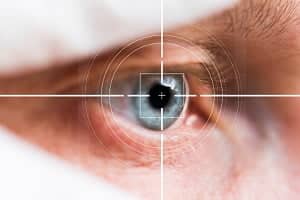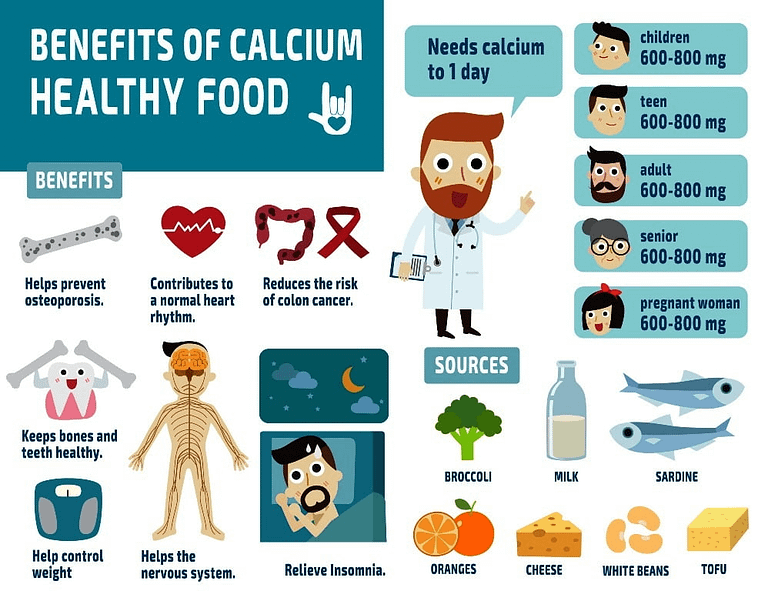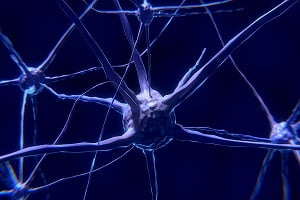Browsing: Brain and Neurological Conditions

Your brain constitutes the control mechanism of your body. It’s part of your nervous system, which also includes the spinal cord and a large network of nerves and neurons. The nervous system controls everything in your body.
When your brain is damaged or diseased, it can affect your memory, your sensation, your personality, and even your entire quality of life. Nervous system disorders (Nervous system diseases) include any conditions or disabilities or problems that affect your brain or nervous system and comprise brain diseases as well.
Brain and nervous system problems are quite common. These neurological disorders include Alzheimer’s disease, Parkinson’s disease, multiple sclerosis, epilepsy, stroke, depression, autism, etc.
This page provides quick access to a list of common diseases, syndromes, health conditions, and other topics of health importance related to your brain and nervous system. The list is organized alphabetically. Links are provided to respective disease ecosystems that serve as a comprehensive and ultimate guide about the disease or health condition. Keep reading!
About 5million people in the United States were affected from Alzheimer’ in 2014 and the number is increasing. Brain imaging tests such as MRI scans, CT scans, etc or neuro-physiological testing help in detecting Alzheimer’s but do not give accurate results. Eye scans for Alzheimer’ can be beneficial in the coming years.
Dyslexia is typically diagnosed in childhood however it often continues into adulthood. Most of the children with dyslexia are not diagnosed till they reach adulthood, however some adults diagnosed with dyslexia have found a change in symptoms as they grow older.
According to the American Parkinson Disease Association, early-onset Parkinson’s disease occurs when a doctor diagnoses the symptoms in a person of age 21 to 50 years. Read about the symptoms and diagnosis of early onset of Parkinson’s.
Suicidal depression is often associated with mood disorders. Guilt, stress, feelings of being unloved, etc are factors which trigger depression. Read about how we can curb suicidal thoughts in depression.
Multiple studies and self experiences have revealed that many famous people are observed to sleep for very little hours or suffer with insomnia. They feel that most productive results of insomnia are ambition and creativity.
How to Fight Depression?
Depression drains your energy, drive, and even hopes to perform even simple day-to-day activities. Here are some ways you can help with depression. It may be difficult to cope with it initially, but if you try to stay connected and engage in social activities, it will make a difference.
Pinched Nerve (Compressed Nerve): Causes, Symptoms, Diagnosis, Treatment, Prevention
Summary: numbness in the compressed nerve. Compression of the nerve occurs due to increased pressure which leads to irritation or damage in the nerve. Proper ergonomic principles can significantly reduce the chances A pinched nerve occurs due to compression of a peripheral nerve. It causes an uncomfortable sensation, pain or of a nerve injury.










